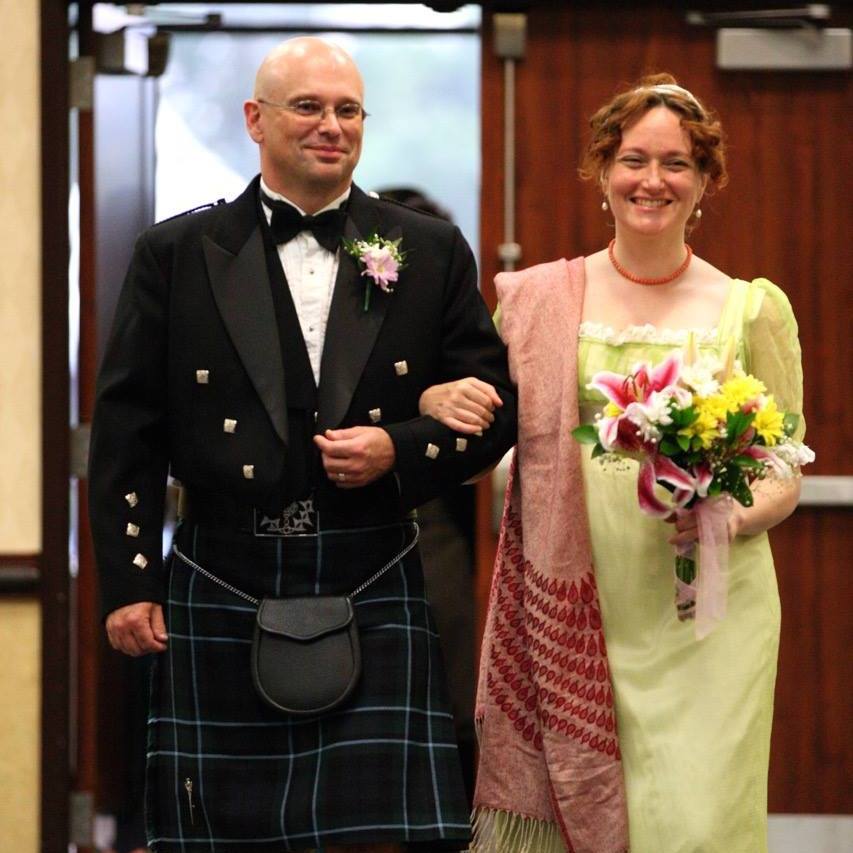Every so often I am reminded that I am not like all the other children. By which, I mean that I do not suffer from the same set of confidence issues that many of my writer peers deal with. This is not to say that I don’t have my own personal set of writer neuroses, or that I have always believed my work is amazing, but simply that I am not and really have never been subject to imposter syndrome.
I suspect part of this comes out of my Open School background where I was taught to believe in my bones that I could do anything I wanted to do, if I was willing to work hard enough for it. It is worth noting that I was not taught that I would be good at something from the start, that I was inherently talented at everything, or that I wouldn’t experience a lot of failure along the way. In fact, I was taught and internalized that it would take hard work, that I would have to face a lot of failure, and that talent mattered much less than being willing to do the work. I was also taught methods for realistically assessing my progress toward my goals and the necessity of accepting responsibility when I fall short.
As I said, I’ve never had imposter syndrome. I have had any number of moments where I fell short and realized I needed to work harder to reach the next level with my writing. Then I went on to do that work and moved on and up. It’s been a hard slow climb—I’ve got five hundred rejection letters that speak to that—and there’s still a lot of room for me to grow and improve, but I think that it’s fair to say with twelve published novels and dozens of short stories under my belt at this point that I’m making my way up that wall. I’m just taking a different route than those of my peers whose issues include dealing with imposter syndrome.
There is no one right path to becoming a successful writer or artist. Don’t ever let anyone tell you different.

